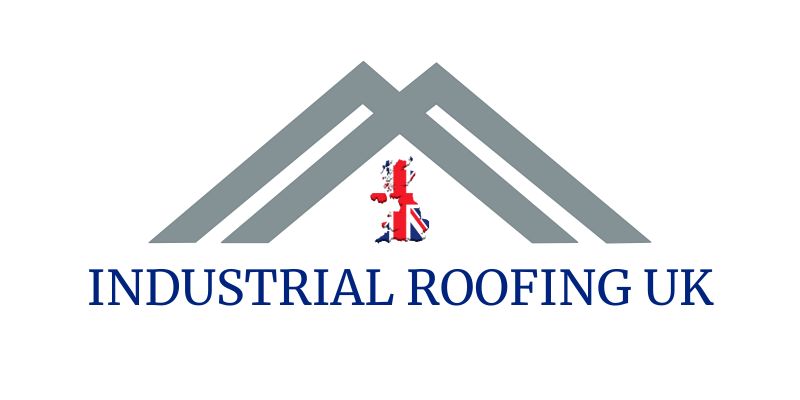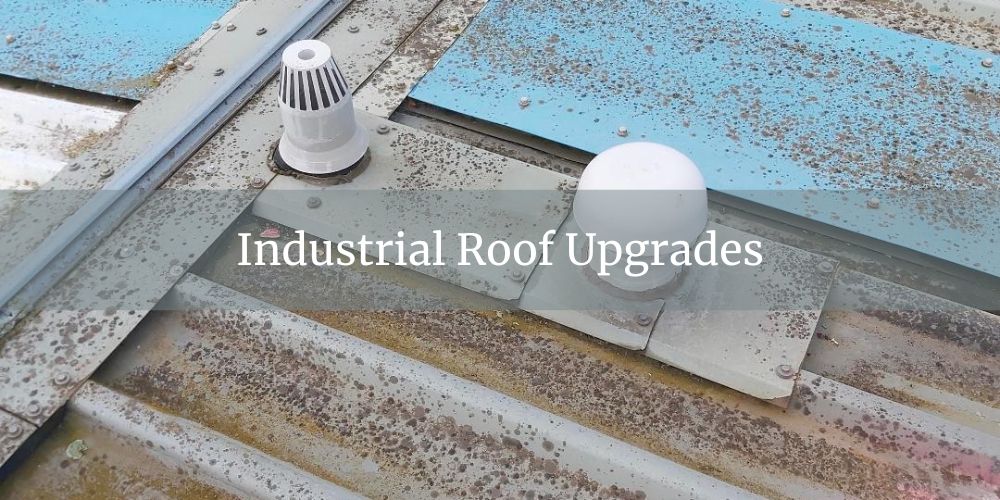Industrial roof upgrades involve improving and enhancing existing roofing systems in industrial buildings to extend their lifespan, improve energy efficiency, and ensure better protection against environmental stressors. These upgrades can range from simple repairs to complete roof overhauls, incorporating advanced materials and technologies for optimal performance.
What Are Industrial Roof Upgrades?
Industrial roof upgrades are essential interventions designed to enhance the functionality and durability of roofing systems in industrial settings. These upgrades can address issues such as leaks, thermal inefficiency, and structural weaknesses, ensuring the roof can withstand harsh environmental conditions. According to the National Federation of Roofing Contractors (NFRC), regular upgrades can significantly extend the lifespan of industrial roofs, making them more cost-effective in the long run. Upgrades often include the application of advanced materials like liquid polyurethane coatings or the installation of improved insulation to boost energy efficiency. The Building Research Establishment (BRE) highlights that effective upgrades can also enhance a building's overall environmental footprint by reducing energy consumption. By investing in roof upgrades, industrial facility managers can protect their assets, improve operational efficiency, and enhance the safety of their buildings.
Have a question about an upcoming project?
What Are The Different Types Of Industrial Roof Upgrades?
- Roof Coatings: Applying protective coatings to enhance durability and waterproofing. Modern industrial roof coatings, such as liquid polyurethane, provide a seamless barrier against water and UV damage, significantly extending the roof's life.
- Insulation Enhancements: Upgrading insulation materials to improve thermal efficiency. Enhanced insulation reduces heat loss in winter and heat gain in summer, leading to substantial energy savings.
- Structural Reinforcements: Strengthening the roof structure to handle additional loads or environmental stress. This can involve adding support beams or upgrading the roof deck.
- Drainage Improvements: Upgrading gutter systems and drainage solutions to prevent water accumulation. Efficient drainage systems are crucial to avoiding water damage and prolonging the roof's lifespan.
- Energy-Efficient Solutions: Installing solar panels or cool roofing materials to reduce energy costs. Cool roofing materials reflect more sunlight and absorb less heat, lowering cooling costs.
- Ventilation Upgrades: Enhancing ventilation systems to improve air circulation and reduce moisture build-up. Proper ventilation prevents condensation and extends the life of the roof and insulation.
- Leak Repairs: Addressing existing leaks with advanced sealing techniques and materials. Prompt repair of leaks prevents further damage and maintains the roof's integrity.
Benefits of Industrial Roof Upgrades
Upgrading an industrial roof offers numerous benefits, including extended roof life, improved energy efficiency, and enhanced structural integrity. According to studies, buildings with upgraded roofing systems can experience up to a 40% reduction in energy costs due to better insulation and reflective materials (Roof Coatings Manufacturers Association, RCMA). Additionally, modern roof materials can withstand harsher weather conditions, reducing maintenance costs and downtime caused by weather-related damage. The Building Research Establishment (BRE) indicates roofs upgraded with modern coatings and materials can last significantly longer, providing better value for money over time.
Considerations Before Upgrading
Before initiating a roof upgrade, it's crucial to conduct a thorough inspection to identify specific needs and potential challenges. Consulting with a professional industrial roofing contractor can provide valuable insights into the best materials and techniques suited for the building's requirements. Budgeting for the project and understanding the long-term benefits versus initial costs are also essential steps in planning a successful upgrade. The NFRC advises that facility managers consider the building’s current and future needs, as well as the local climate, when planning upgrades.
Examples Of Industrial Roof Upgrades
One notable example of industrial roof upgrades is the use of reflective roof coatings in large warehouses, which significantly reduce cooling costs. A study by the Cool Roof Rating Council (CRRC) found that reflective roof coatings can lower rooftop temperatures by up to 30%, leading to a reduction in air conditioning use. Another example is the reinforcement of roof structures in manufacturing plants to support additional mechanical equipment, which helps in optimising space and functionality within the facility.
Industrial roof upgrades are vital for maintaining the functionality and efficiency of industrial buildings. By investing in modern materials and techniques, facility managers can ensure their roofs are durable, energy-efficient, and capable of withstanding environmental challenges. Regular upgrades not only protect the building but also contribute to overall operational efficiency and cost savings. Upgraded roofs provide better insulation, improved energy efficiency, and enhanced structural integrity, making them a wise investment for any industrial facility.

